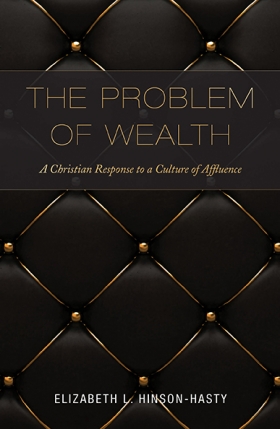A Christian Response to a Culture of Affluence

- A Theology of Dao
- A Church of the Poor
- Catholic Social Thought
- Do Not Stifle the Spirit
- The Joy of Religious Pluralism
- The Future of Interreligious Dialogue
- The Problem of Wealth
- Essential Catholic Social Thought
- The Unmoored God
- The Holy Spirit and an Evolving Church
- Creation and the Cross
- A Poor and Merciful Church
- The Catholic Ethicist in the Local Church
- Choosing Peace
- American Catholicism in the 21st Century
- Loneliness
- Virtue and Theological Ethics
- Just Water
- Experiments in Buddhist-Christian Encounter
- Christian Ministry in the Divine Milieu
- Church as Dynamic life-style
- The Election of Pope Francis
- Introduction to Catholic Theological ethics
- You Say You Want A Revolution
- Deep Incarnation
- Abuse and Cover-up
- New Paths for Interreligious Theology
- Christian Ethics
- Faith and Evolution
- Building Bridges in Sarajevo
- The Liminal Papacy of Pope Francis
- Marcus Mescher: The Ethics of Encounter
- Doing Theology in an Evolutionary Way
- Fratelli Tutti
- Christian Social Ethics
- Street Homelessness and Catholic Theological Ethics
- Deep Calls to Deep
- Pope Francis
- Breathed into wholeness
- Religious Life for our World
- La Via della Bellezza
- conscience and Catholic education
- Enacting Catholic Social Tradition
- The Authority of the Saints
- The Hidden "God"
- Globalizing Theological Education for an Increasingly Globalized Age
- Thoughts and Dreams of an Old Theologian
What if we reconsidered our views on poverty and perceived it as a problem with the way we live with wealth? Approaching the issue from a theological rather than a market-driven perspective invites an alternative social logic, informed by a much richer picture of human beings and our limits as we live in symbiotic relationship with the larger delicate web of life.
In The Problem of Wealth, Elizabeth L. Hinson-Hasty reframes the current discussion of wealth inequalities, poverty, and the exploitation of our natural environment from a progressive Christian perspective. She underscores the need for social change advocates to emerge out of every context, including the middle class, and presents alternate visions for what it means to live by “an ethic of enough.”


